I’m Sarah, an elopement photographer traveling around the United States in my campervan.
I spend months at a time at each location I travel to, diving deep into the local elopement market in that area, so I can bring the important information to you from the comfort of your home.
Welcome to the blog, where resources are available to help you plan your best adventure yet!
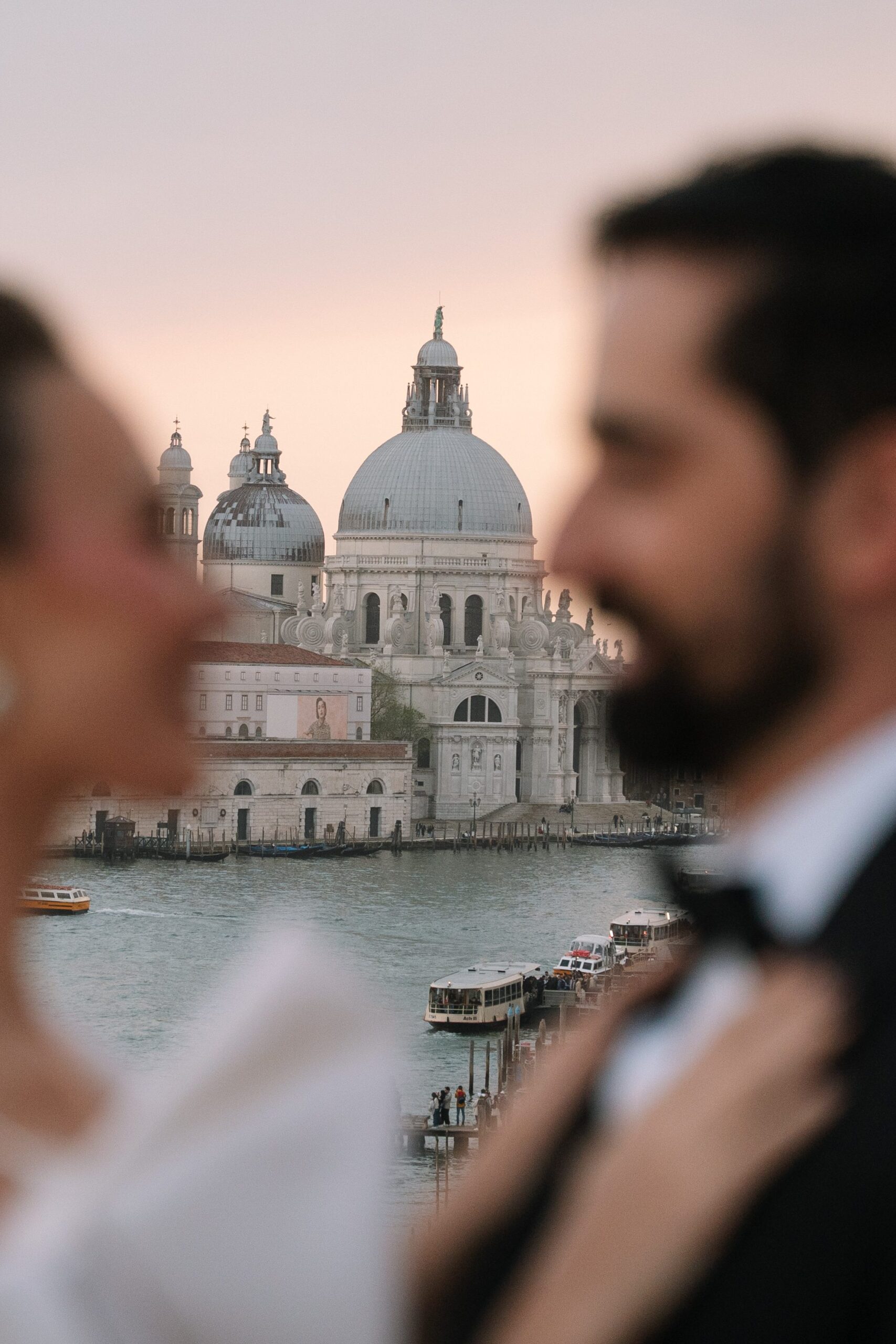
The 9 Easiest Countries for Americans to Elope Abroad
Table of Contents:
- Can Americans Elope In Another Country?
- Legal Requirements for Americans to Get Married Abroad
- 9 Easiest Countries for Americans to Elope
- Worldwide Destination Elopement Packages
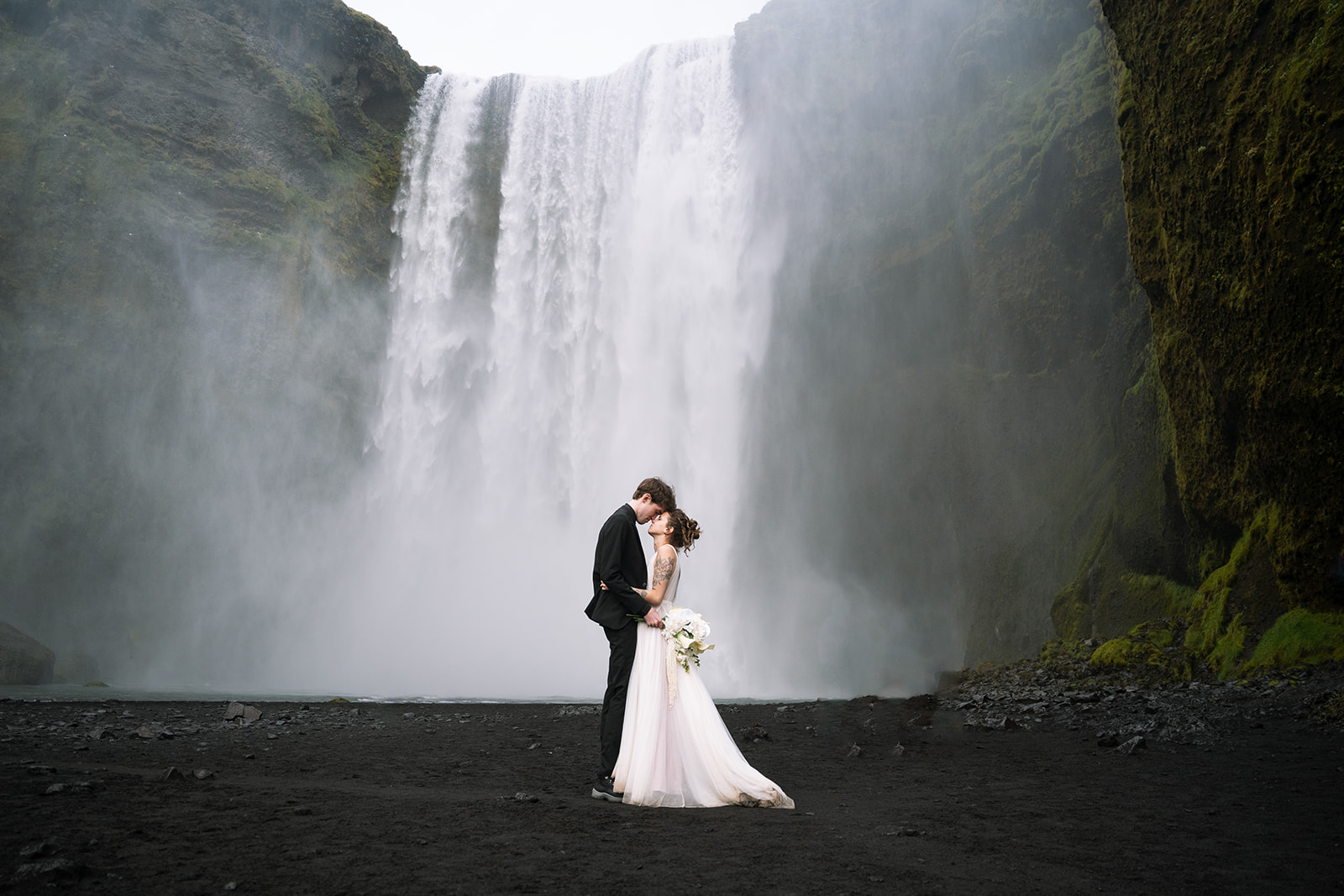
Eloping abroad can be such a spectacular, life-changing experience—but how do you actually plan the logistics of it all?! I’m here to share the general requirements you should know about getting married in foreign countries as American citizens, as well as the 9 easiest countries to elope in. It can get a little complicated, but don’t worry: I’ll break it down into simple terms for ya.
I’ll be focusing on the legalities for only American citizens in this guide, as that’s what I’m most familiar with—but if you and/or your partner are from elsewhere, you can absolutely look into the legal requirements to get married outside of your home country. There’s a ton of accessible information online that you can easily gather on your own, or you can reach out to your national embassy/consulate in the country you’re considering eloping.

Can Americans Elope In Another Country?
Wondering if it’s legal for you and your partner to get married outside of the United States?
Fortunately, the answer is yes! As American citizens, you’re allowed to get married in a foreign country (and your marriage will be recognized in the U.S.) as long as you follow local laws, requirements, and processes.
Legal Requirements for Americans to Get Married Abroad
The legal requirements for American citizens to get married varies from country to country, but below are a few of the common ones you’ll need to pay attention to. You can usually find information specific to your country of choice via the U.S. Department of State website, and through the embassy or consulate located in that country.
Age
Every country has a different age requirement for foreign citizens to get married, most often ranging from ages 16-20. Many countries also allow couples to get married at a younger age with written consent from a parent or legal guardian.
Blood tests
Most of the countries I’ve researched don’t require blood tests in order to get a marriage certificate, but some do still have that requirement to check for certain diseases! The countries I’ve included in this guide don’t require blood tests, since that’s an additional step you’d need to go through that could complicate the process of obtaining your license.
Witnesses
The number of witnesses you need present to make your marriage ceremony legal varies by country, most often ranging from 2-4, or even none in some cases! These can be guests you have with you, or sometimes even folks that are nearby at the time of your ceremony. As your photographer, I can usually serve as one of your witnesses, as well, but you’ll want to double check witness requirements with your specific country.
Documents
The most time-consuming part of getting married abroad is gathering the correct documents. Every country’s requirements are different, which can make things a little confusing, but once you get the gist of the basic documents, it’s not terribly difficult!
Here are the most common documents you may need to get legally married abroad as U.S. citizens:
- Birth certificates: Usually originals, but some countries are okay with copies.
- Valid passports: It’s a good idea to make sure your passports are valid for at least six months after your trip!
- Death certificates: If you are a widow or widower, you’ll need to show proof that your previous marriage(s) were legally terminated by death.
- Divorce decrees: Similarly, you’ll need to provide proof of any previous divorces.
- Certificate of singleness: This document shows that you’re single and not currently married, and is required in quite a few countries when applying for your marriage license! Depending on the country, you might need to get this document notarized or authenticated by a local office, and it may require you to get signatures from family or friends who can attest to your single status.
- Affidavit of eligibility: An affidavit of eligibility is slightly different from a certificate of singleness, proving that you’re not already legally married and that you’re eligible to get married under the laws of the country you’d like to elope in. You’ll usually need to get this notarized and often apostilled or legalized by the country you’re in.
One important thing to note is that many countries require certain documents to be apostilled, notarized, and/or translated, like I mentioned above.
An apostille is a type of certification or authentication issued to certain documents in countries that are part of the Hague Convention Treaty, proving that your document from the U.S. is verified and legally recognized in that specific country. Typically, documents that require an apostille include birth certificates, death certificates or divorce decrees if applicable, and proof of your legal eligibility to marry.
A notarized document is slightly different, requiring the presence of a notary public when carrying out a signature on a legal document related to your marriage. These typically aren’t internationally-recognized like apostilles, instead being carried out by state-appointed officials.
Finally, translated documents are usually required in countries where English is not one of the main languages, in order for your documents to be legally recognized. This often includes translating your birth certificate, death certificate, divorce decree, notices of marriage, or single status affidavits, into the country’s primary language.
Waiting period
Just like many U.S. states, certain countries have a mandatory waiting period that you need to account for when planning your elopement. This waiting period typically begins when you’ve received your marriage certificate, and usually lasts anywhere from 1-10 days. The countries I’ve included in this guide don’t have a waiting period, simply because that adds a whole other thing to think about when planning out your elopement—and isn’t ideal if you’d like a quick and easy marriage process!
Religious vs. civil ceremonies
In many countries around the world, you’ll have your choice of either a civil or a religious ceremony. Civil ceremonies don’t require any specific religious figures, traditions, or documents, whereas religious ceremonies might require a priest or similar religious figure to officiate, as well as certain religious beliefs by the couple. Indonesia, for example, requires you and your partner to be of the same religion, and you need to follow one of six religions that are approved by the Indonesian government. This often isn’t ideal for couples who don’t identify as religious, or don’t want to be limited to getting married in a religious location like a church, by a religious figure such as a rabbi or a priest!
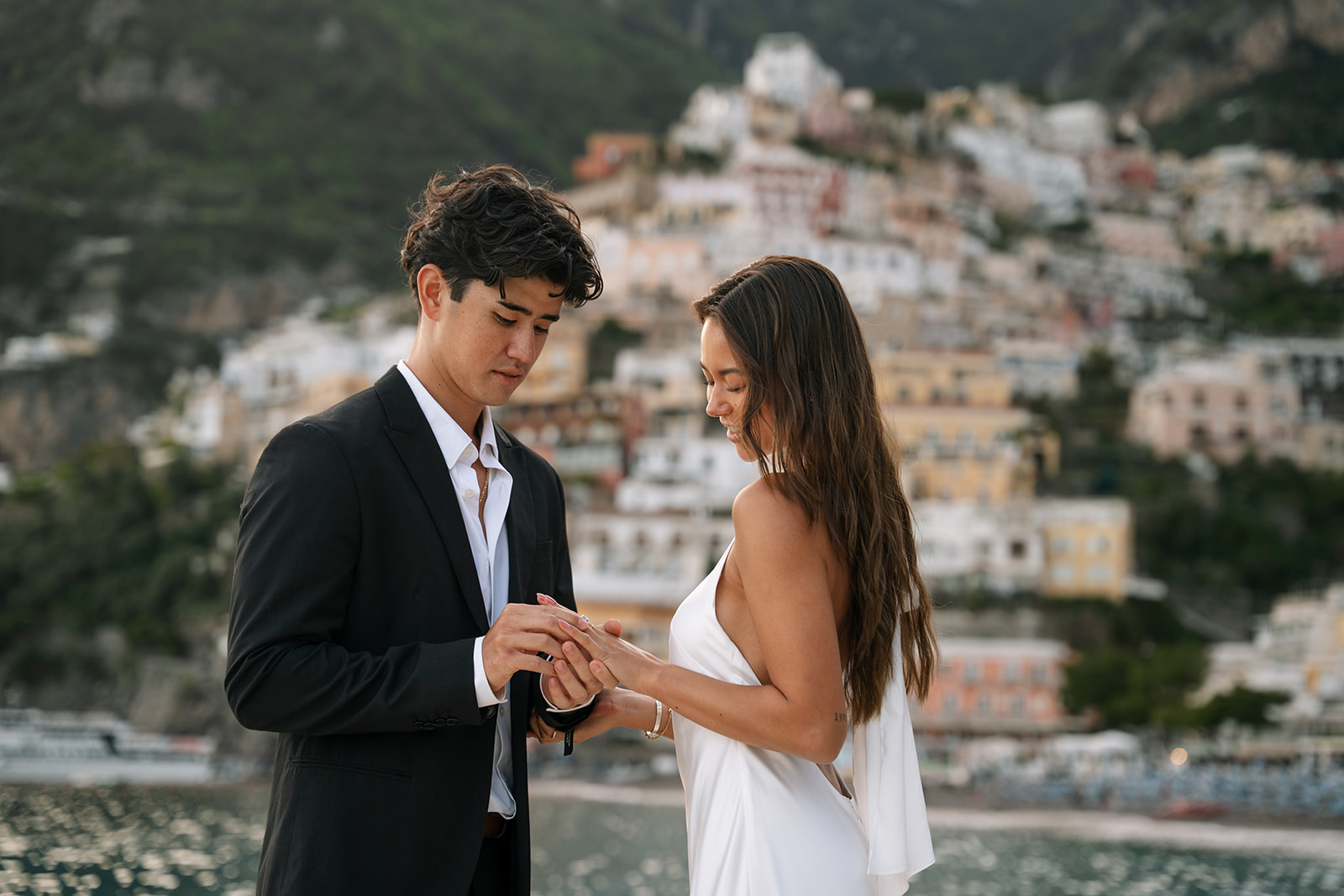
9 Easiest Countries for Americans to Elope
Now that you’re familiar with the types of requirements you might come across, let’s go through the 9 easiest countries for American citizens to elope! These countries have no required waiting periods, minimal apostilled/translated documentation requirements compared to other foreign countries, and fairly easy processes to follow.
However, most of these still do require you to provide some form of documentation, which can be pretty time-consuming—so at the end of this guide, I’m also offering an easier alternative for destination elopements, if you don’t want to go through the whole process of getting legally married!
1. Canada
First up is Canada, our friendly neighbors to the north. Canada is a great place for Americans to get married not only because it’s not too far away, but because there are only a few requirements to legally tie the knot—and honestly, they don’t differ too much from the requirements of most U.S. states! Both religious and civil ceremonies are recognized in Canada, and licenses are valid from 30 days to 3 months depending on the province.
Documents & requirements:
- Minimum age 18-19 (varies by province), or 16 with written consent
- Valid passports
- Apostilled birth certificates
- Divorce decrees or death certificates
- Two witnesses

2. The Bahamas
All you need to do to get married in the Bahamas is get your birth certificate apostilled by the state that issued it, as well as an apostille for a single status affidavit OR equivalent divorce decree/death certificate. You’ll also need to arrive in the Bahamas at least 24 hours before you apply for your license, but who’s going to complain about extra time at the beach? 😉
Documents & requirements:
- Minimum age 18 unless with written consent
- Valid passports
- Apostilled single status affidavit or divorce decree/death certificate
- Apostilled birth certificates
- Stay of at least 24 hours in the Bahamas before marriage license application


3. Denmark
Denmark is one of the easiest countries for Americans to get married in, because you typically do NOT need to provide your birth certificate or single status certificate. I say typically because according to my research, there are a few rare cases in which these are required, but most of the time you won’t need to worry about bringing them or getting them translated/apostilled! The only items you’ll need are a Declaration of Truth provided by the Danish government to prove that the information in your marriage license is authentic.
Documents & requirements:
- Minimum age 18
- Valid passports
- Signed declaration of marriage
- Legalized divorce decrees or death certificates, depending on where documents were issued
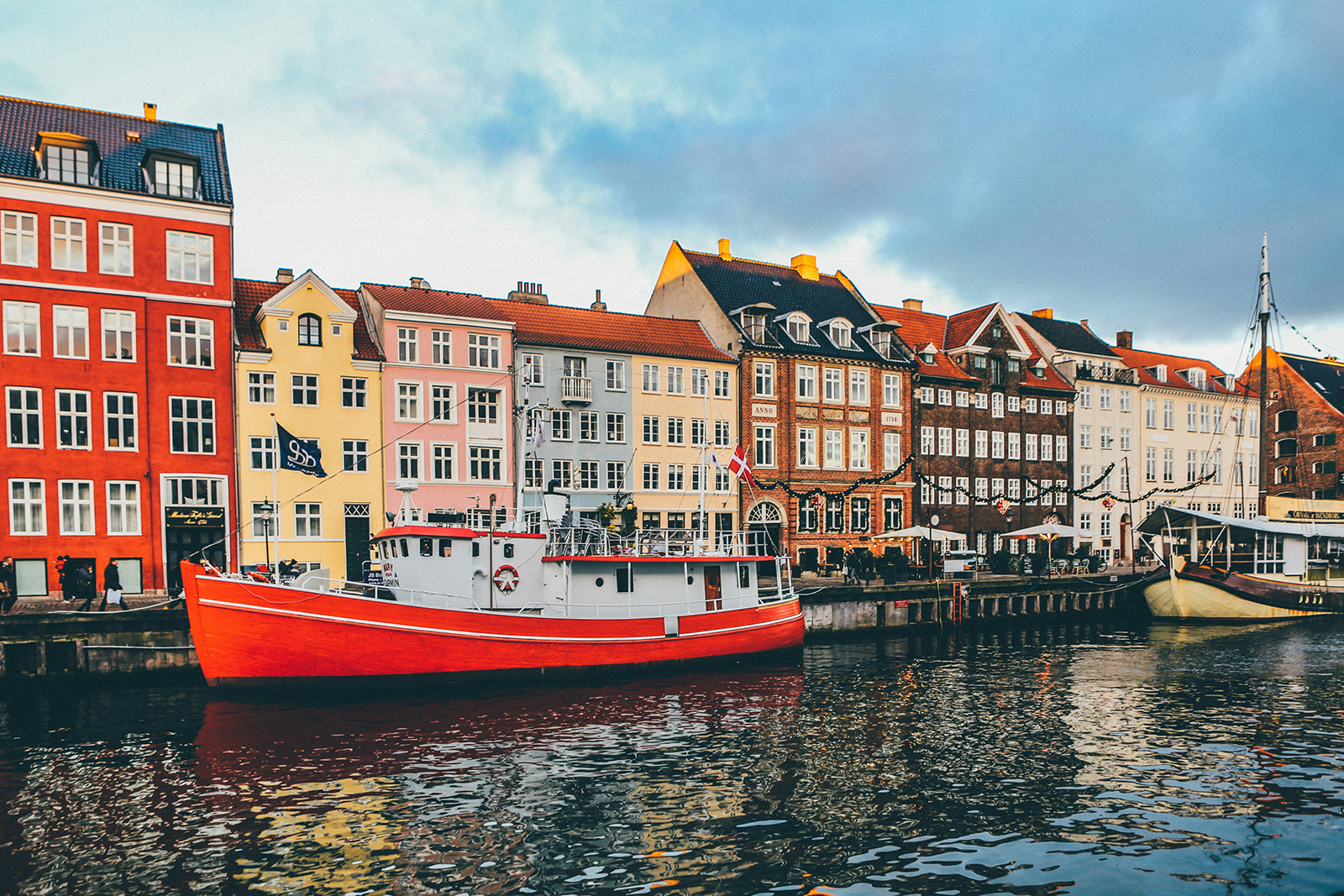
4. Iceland
Iceland is a little more time-consuming than a few of the countries on this list, as you’ll need to obtain not only a notification of marriage from the District of Magistrate in Reykjavik, but also a certificate of your marriage status as well as witness forms signed & returned to the Registry Office by your witnesses. However, it’s absolutely doable and I had to include it on this list because it’s just such a magical place to elope! Note that you’ll need to provide the National Registry Office with certain documents three weeks in advance of your wedding date, so be sure to plan ahead for that.
Documents & requirements:
- Minimum age 18
- Valid passports
- Birth certificates
- Notification of marriage from the District of Magistrate in Reykjavík
- Certificate of your marriage status (must be dated within 8 weeks of the date you’re getting married)
Iceland just so happens to be one of favorite places to take couples who are dreaming of a destination elopement! If getting married among cascading waterfalls, dramatic coastal cliffs, and some of the most cinematic landscapes in the world sounds like your kinda vibe, you’ll definitely want to check out my Ultimate Iceland Elopement Guide.



5. Portugal
The process to get legally married in Portugal is significantly easier compared to many other European countries, as you’ll only need one document notarized locally: a Certificate of No Impediment to Marriage. However, your ceremony does need to be in Portuguese, so you’ll need a translator present on the big day!
Documents & requirements:
- Valid passports
- Translated birth certificates
- Death certificate or divorce decree
- Certificate of No Impediment to Marriage


6. Scotland
The main special requirement for Americans getting married in Scotland is a marriage notice form to the registrar in the area you’ll be getting married, to prove your eligibility, but other than that it’s fairly easy to get married in Scotland! You should be sure to send in your marriage notice within 1-3 months (but no less than 29 days) of your wedding date to ensure they have enough time to process it and make sure everything looks correct. Scotland recognizes both civil and religious or belief ceremonies, the former of which can take place anywhere other than a religious location, and the latter of which can take place anywhere you’d like as long as you have someone approved to conduct it!
Documents & requirements:
- Minimum age 16
- Valid passports
- Birth certificates
- Evidence of where you live
- Death certificate or divorce decree
- Translated certificate of eligibility to get married/”No Record of Marriage”



7. Gibraltar
Gibraltar is by far one of the easiest places for Americans to get married abroad, requiring only your passport, original birth certificate, and proof that you’ve stayed in Gibraltar at least one night before OR that you’ll be staying the night of your wedding. This can literally be in the form of your hotel bill or booking form, so it’s super easy! Your documents won’t need to be translated as long as they’re in English, either.
Documents & requirements:
- Valid passports
- Birth certificates
- Evidence that you’ve stayed in Gibraltar for at least one night before or after your ceremony
- Death certificate or divorce decree
- Residence documentation (sometimes)
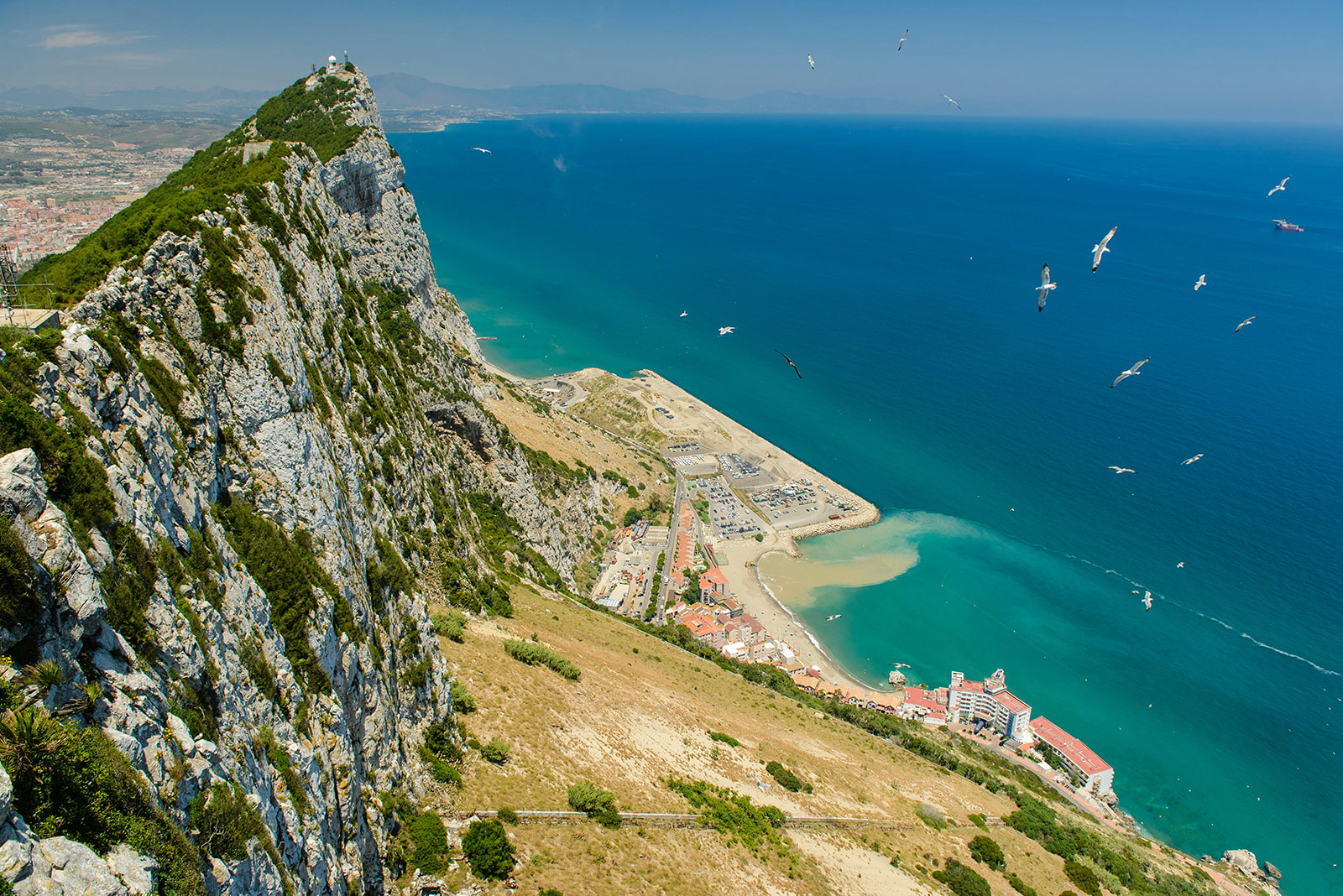
8. Georgia
To get married in George as U.S. citizens, you simply need 2 witnesses and translated, apostilled birth certificates + passports. No medical examination or specific religious affiliations are required, and it’s quick and easy to get married within just a day as long as you have the proper documents ready to go, and translated once you’ve arrived in Georgia.
Documents & requirements:
- Minimum age 18
- Translated and apostilled valid passports
- Translated and apostilled birth certificates
- Death certificate or divorce decree

9. Malta
The process of getting married in Malta as U.S. citizens is fairly straightforward, the only real special requirement being the Certificate of No Impediment and a pre-wedding meeting. This needs to be issued by the U.S. Embassy in Malta, and you’ll need to get it within 3 months of your elopement date. You’ll need to be present in Malta for at least two days to complete all the necessary paperwork, as well as meet with the marriage officer ahead of time—as long as you plan your trip accordingly, this should be fairly simple to add to your itinerary.
Documents & requirements:
- Valid passports
- Original birth certificates
- Death certificate or divorce decree
- Certificate of No Impediment
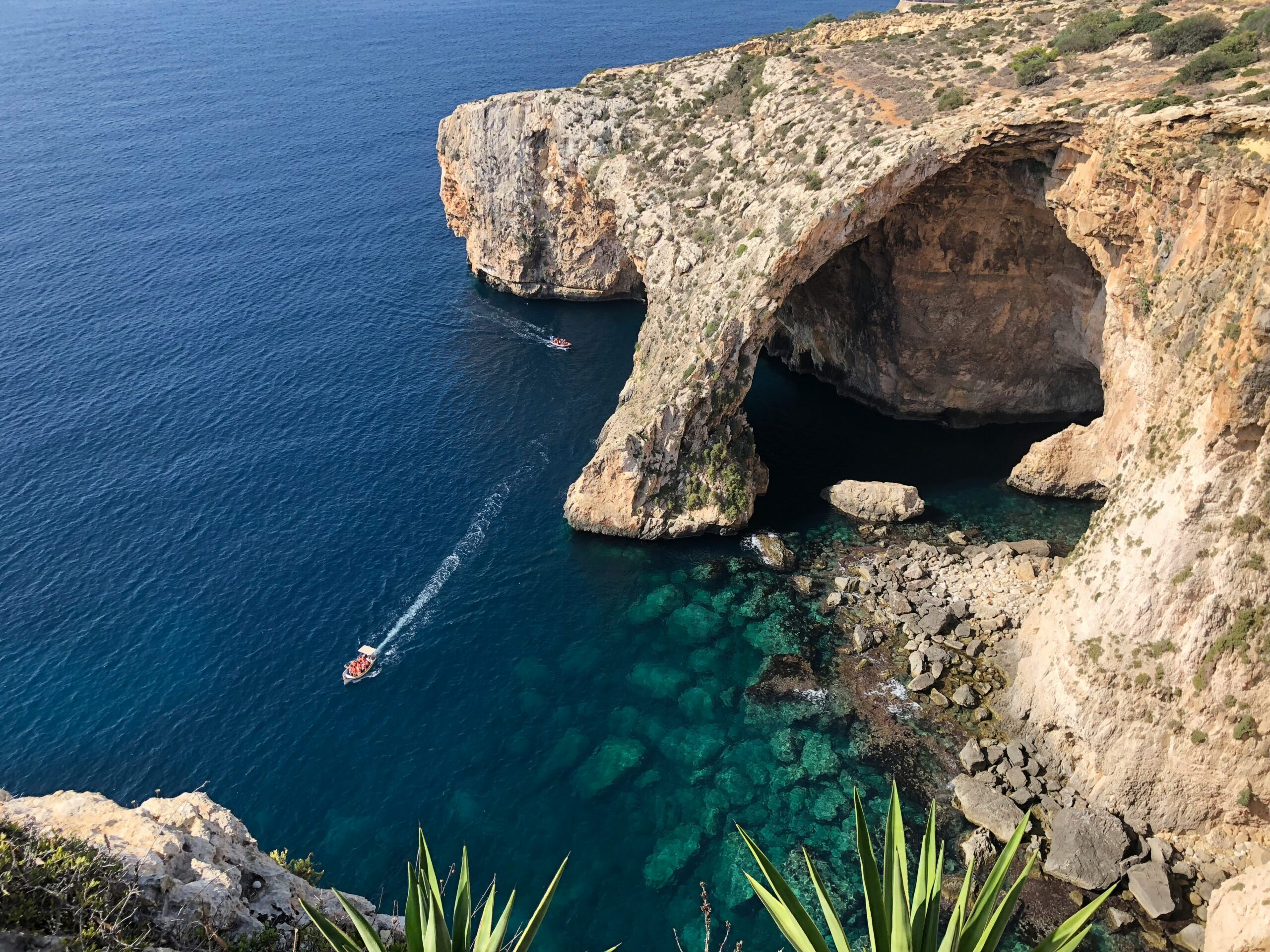
An Easier Alternative to Getting Legally Married In A Foreign Country
If you came into this article hoping to get married abroad, but are now realizing just how much work it will be, even in the easiest of countries, I totally get it! That’s why I always encourage couples to consider a symbolic ceremony for their destination elopement.
Instead of gathering the necessary documentation, getting your paperwork translated and/or apostilled, and coordinating with legal officials to make sure everything is correct, you’ll simply get married back home in the U.S. before your trip. Then you’ll be able to have a worry-free elopement ceremony in your country of choice, without the stress and added task of getting your legal marriage license!
It’s obviously completely up to you, and if it’s super important to you to get your legal marriage license overseas, it’s definitely doable with careful planning in advance. The biggest things to consider when planning your trip are any required waiting periods, notary appointments, pre-wedding meetings, etc.—plus the consideration of potential language barriers that could make the process more complex.
No matter what you decide to do, I’ll be there to fully support you as your elopement photographer and make sure your experience is as magical & stress-free as can be!

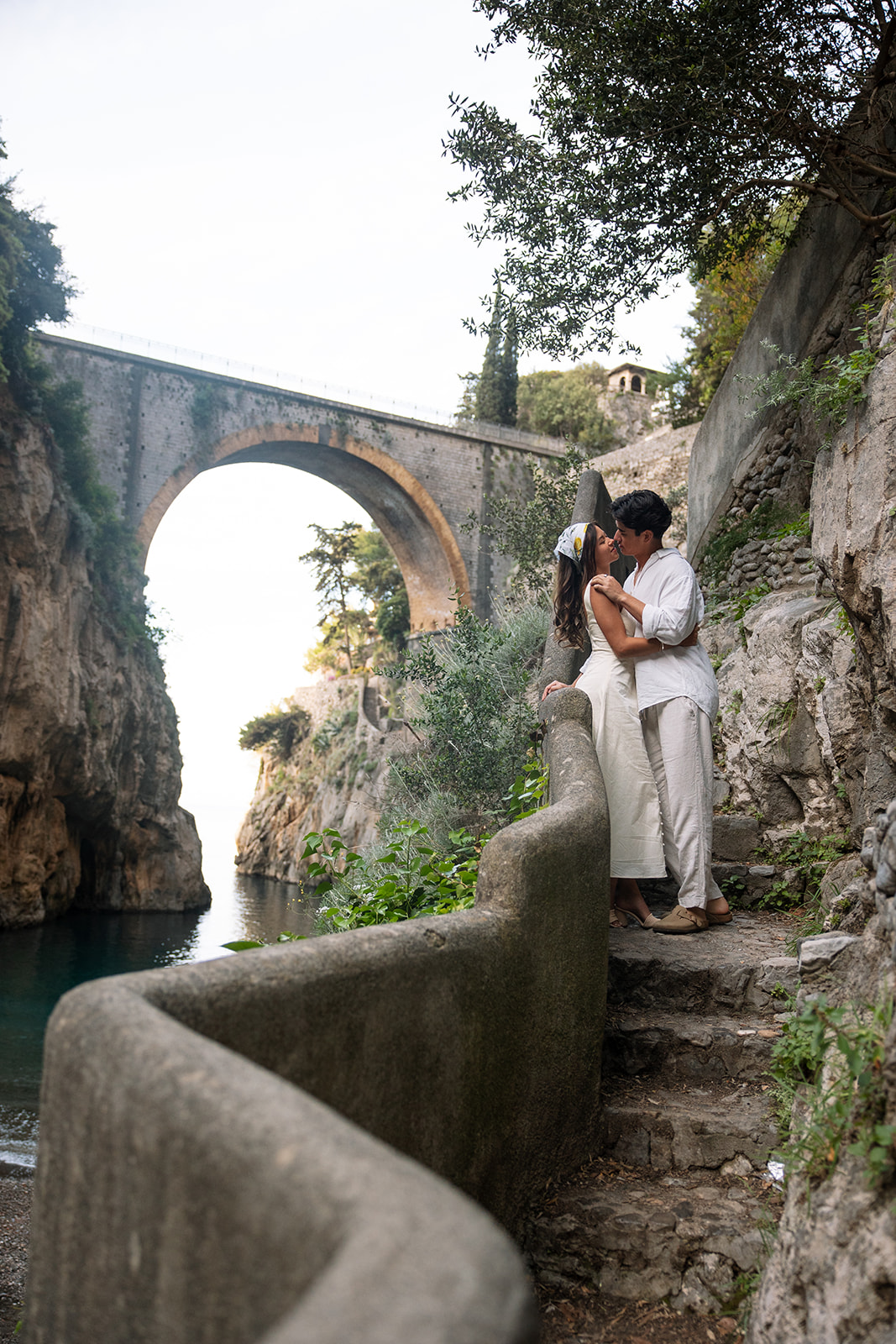
Worldwide Destination Elopement Packages
Speaking of your elopement photographer. . . I’m Sarah—camper van-based destination elopement photographer serving couples in the U.S. + worldwide. I thrive when traveling around the world and experiencing new cultures, activities, and landscapes, especially when I get to do it with couples like you who are ready for the adventure of a lifetime! My all-inclusive destination elopement packages ensure that the only thing YOU need to worry about is dreaming up your perfect day—and I’ll take care of the rest.
Whether you decide to legally tie the knot in a country like Portugal, Iceland, or Georgia, or you opt for the symbolic route, I’d love to help you plan your best adventure yet. Let’s chat!
Want to keep browsing? Here are my most recent destination elopement guides & resources that I think you’ll have fun with!